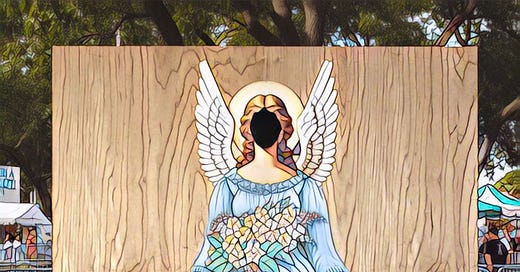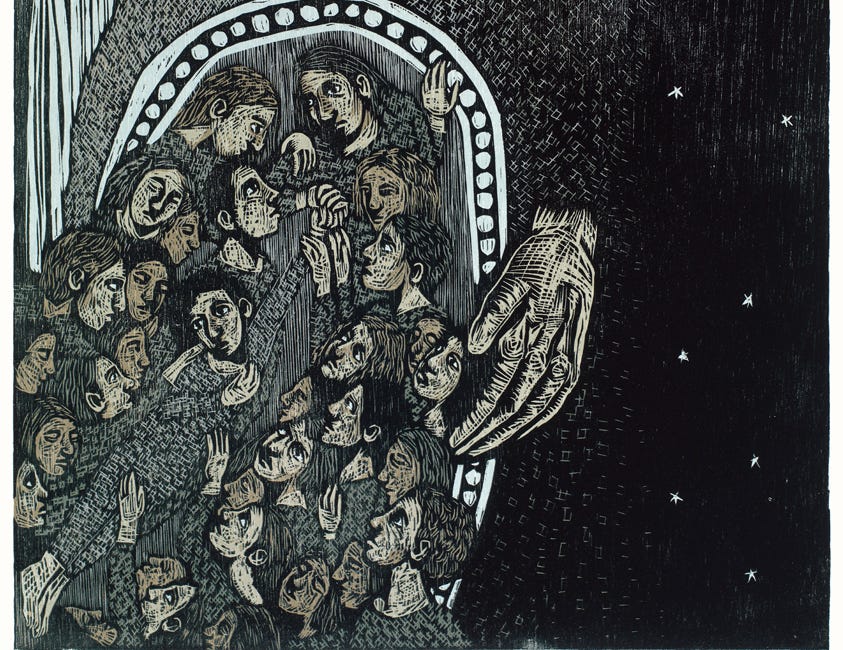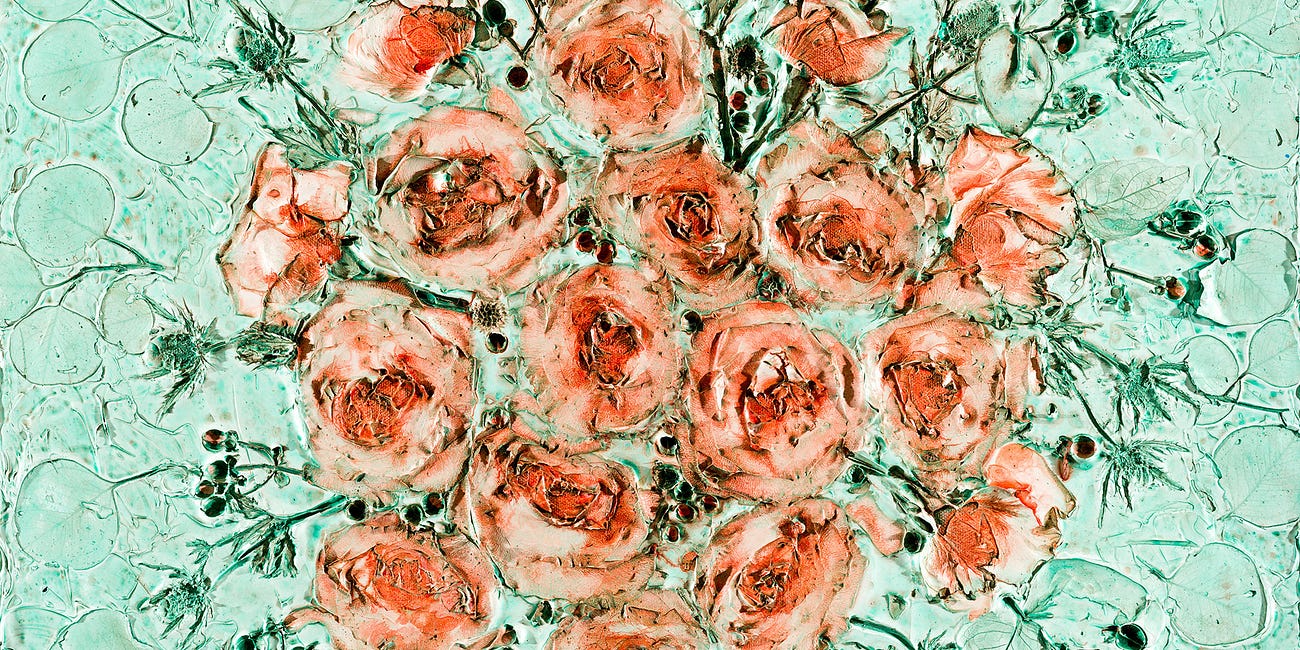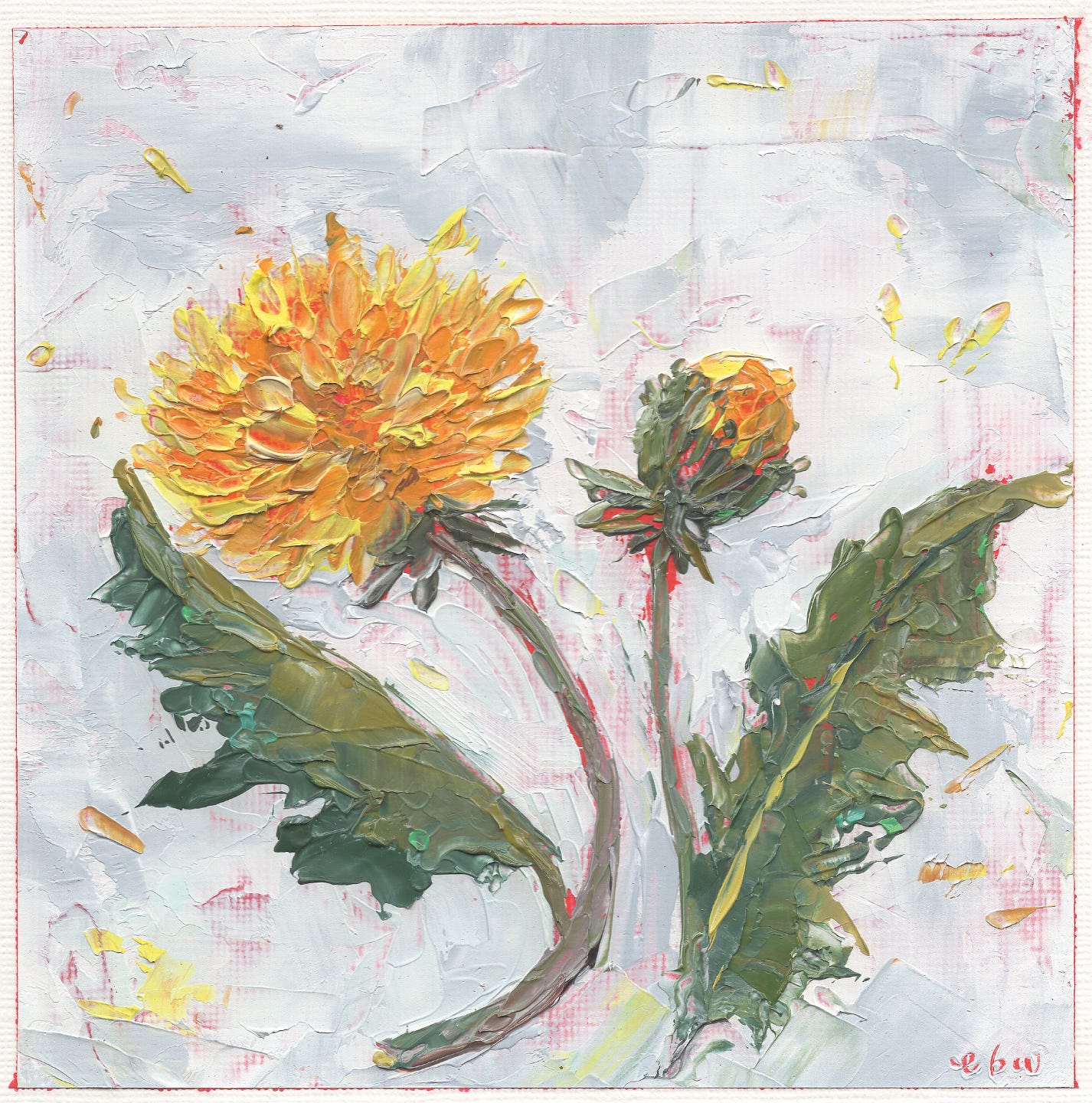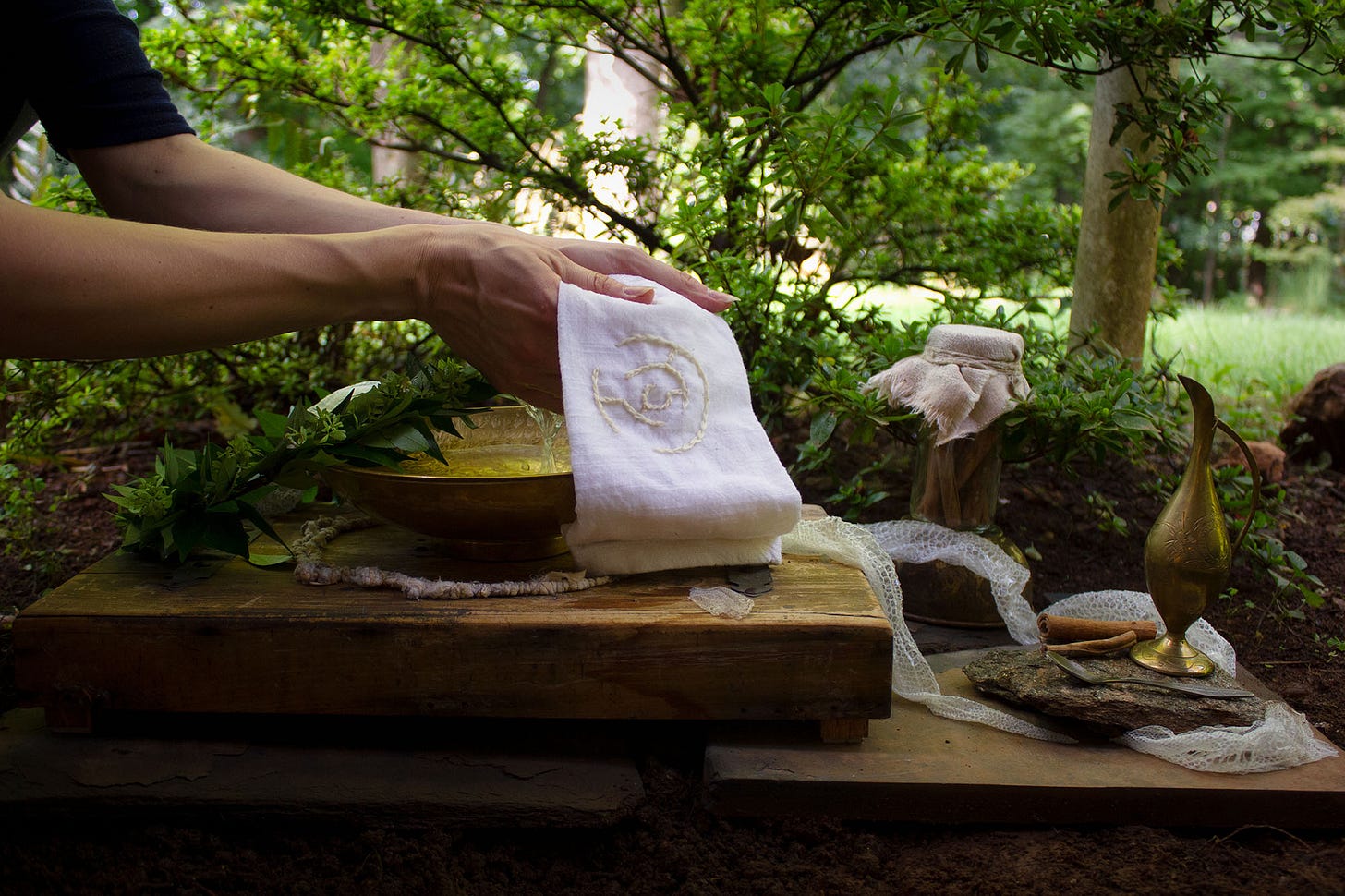In honor of Mother’s Day we present an array of essays that help us look beyond a static portrayal of motherhood—three originally appeared at Wayfare, and three at Exponent II. We invite you to follow the links below to expand the way you see the women in your life, and perhaps gain new insights into your own experiences.
When I contemplate the difficulties that women can experience around Mother’s Day, I’m reminded of the painted plywood panels often found at a county fair. There’s an oval cutout where your face goes, and the front is painted to represent some incongruous scene: you as an old-fashioned farmer, or maybe you as a farm animal. Someone snaps your photo, followed by grins and laughter.
If Mother’s Day had such a panel, we would likely note quite a disconnect between the painted scene in front and the life of the woman behind it. And there’s the matter of observers’ assumptions—do they realize this scene is entirely manufactured, essentially a stunt?
Sacrament meeting talks on Mother’s Day wax eloquent about the painted scene, which often hints at the halo of an angel mother. Sometimes there’s a sense that the painting on the panel is of the utmost importance, and the actual woman standing behind it of secondary concern.
In the essays that follow, six women share thoughts on a range of aspects of what it has meant to them to mother and be mothered, to make meaning in their lives and contribute to the lives of others. There is joy and perplexity, fear and loss, dismay and hope. From Wayfare, Charlotte Wilson recounts a deathbed vision of earthly and heavenly mothers united to restore what has been lost; Jeanine Bee helps us to see the vital roles of the alloparents among us; and Amy Harris calls out the absurdity of fixating on marital status while ignoring bountiful family connections. From Exponent II, Koseli Cummings’ vivid language evoking the physicality of mothering makes us feel like we’re sitting next to her at the bedside of her four-year-old as he falls asleep; LeAnne Bingham Hansen reflects on her pressured mothering choices over the decades and contemplates what really matters; and Erika Koth Barrett describes ways we can personally grow in our relationship with Heavenly Mother. Reading these essays, it will be very clear to you that the authors are anything but interchangeable—they are individuals presenting unique perspectives.
Each of the six essays invites women to come out from behind the painted panel and to be recognized. We as readers may learn things we didn't expect, and face feelings not entirely welcome. But the editors of Wayfare and Exponent II hope that this exploration will lead us to see and feel seen ourselves, as we increase in understanding and empathy, and recognize a kinship as sisters and brothers, all children of Heavenly Parents.
Art by Jon Forsyth
FROM WAYFARE
An Expanse of Light & Memory
I can’t remember the first year of my daughter’s life. I think, write, say those words and my chest tightens, grief and shame washing through my body. I can’t remember. I can’t remember. The hazy recesses of memory recall an urgent call to Heavenly Mother around this time. Maybe my spirit subconsciously knew to prepare for impending darkness, or perhaps …
Hymn of the Alloparent
I recently learned that my two-year-old son calls his nursery leaders “Mama” and “Dada.” My son is not one of those toddlers who colors quietly during church. Instead, on this particular Sabbath, he had decided to be an especially noisy allosaurus during the sacrament, so I took him out into the foyer. I held…
Single, Childless, and Overflowing with Family
Do you have a family? The question came over the phone from the stake family history coordinator. I had signed up to be a FamilySearch indexer, and she called to welcome me to the team and get to know me. Though “family” is a capacious category, I knew she was really asking two very narrow, specific questions:
FROM EXPONENT II
The Power of My Love Beams is Still Quite Potent
by Koseli Cummings
Last night I watched my littlest fall asleep. He’d crawled into crisp white sheets still wearing his dusty play clothes. His hair smelled like dirt and grass and autumn leaves. I “tuck tucked” my way around his sleepy toddler body, pushing his blanket under his sides just the way he likes it. Just the way we’ve practiced for four years and two months…
There Is No End to Matter
by Leanne Bingham Hansen
Except for the fact we didn’t meet at BYU, we were the Mormon cliché. Six children, the first a month old on our first anniversary. I quit my job to become a full-time, stay-at-home mother nine months later. Over the next twenty-one years, my mothering expanded to include six children, all now grown.
And now I watch young mothers in my ward pursuing formal academic achievements and careers...
Detokenizing Heavenly Mother
by Erika Koth Barrett
I recently purchased a children’s story at Deseret Book called Heavenly Parents. On the first page, it reads “Heavenly Father” with a drawing of Heavenly Father. On the next page, it reads “Heavenly Mother” with a drawing of Heavenly Mother and Heavenly Father, as if Her standing alone threatened the sovereignty of a male God…


